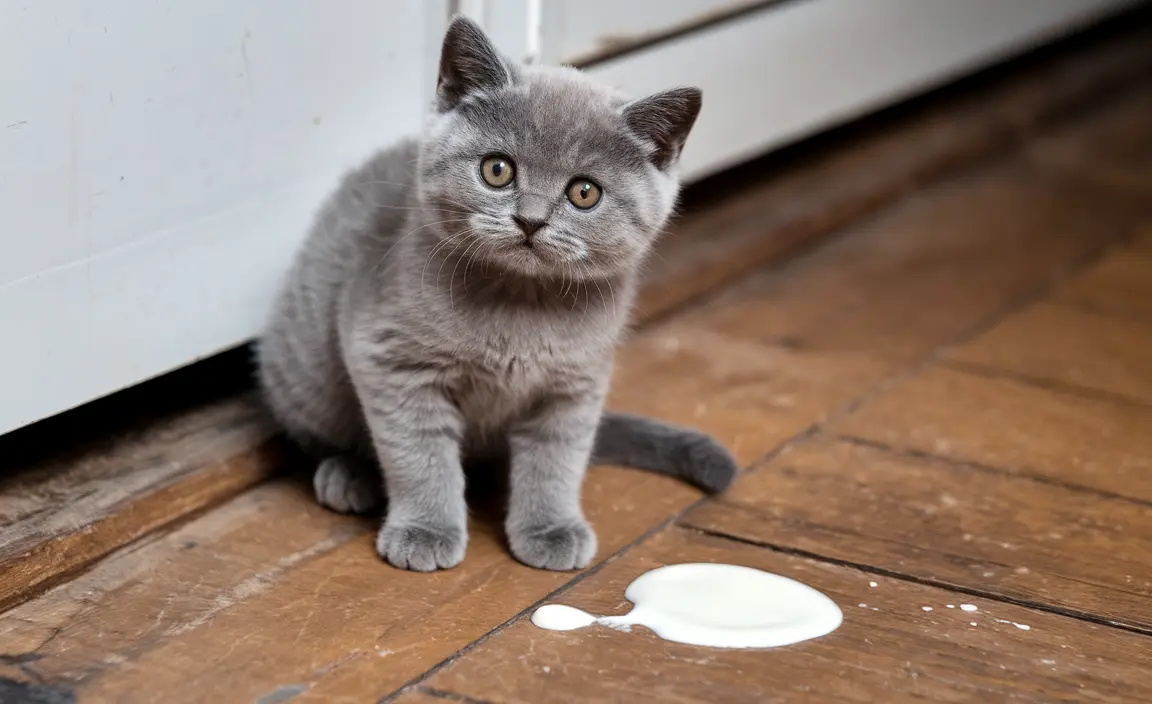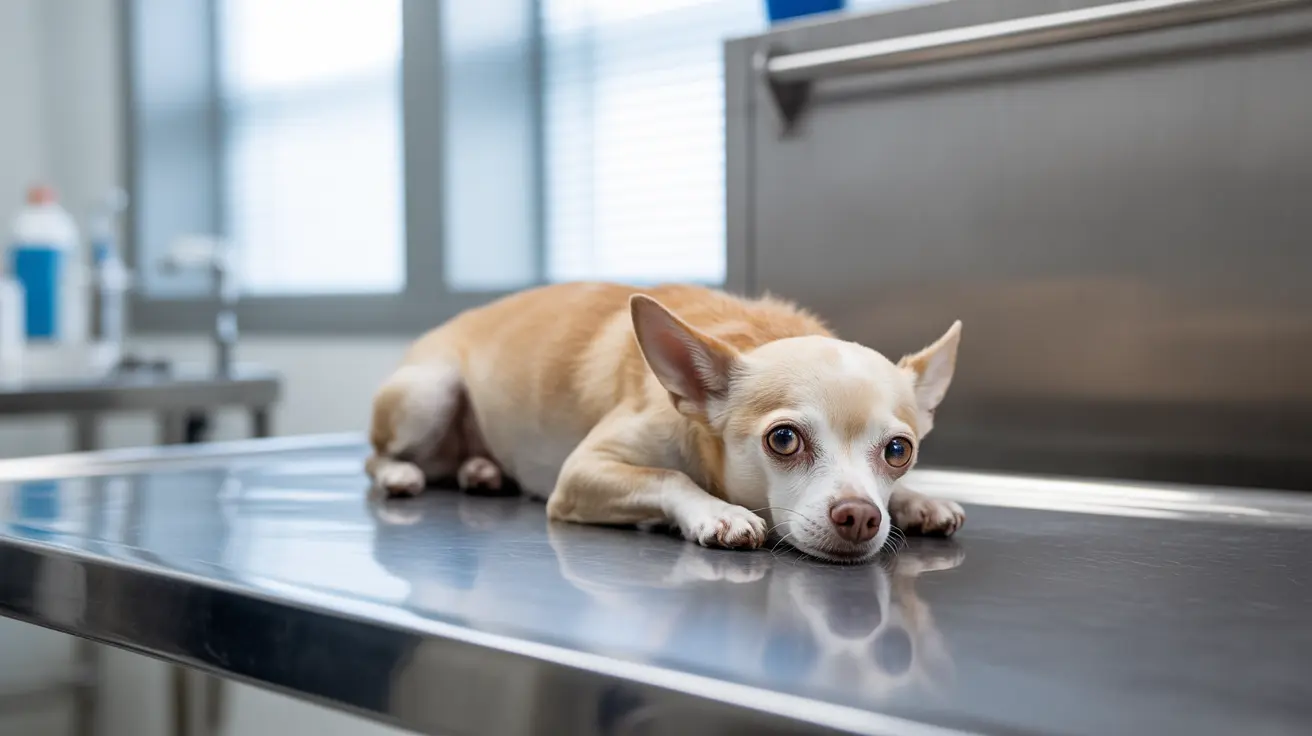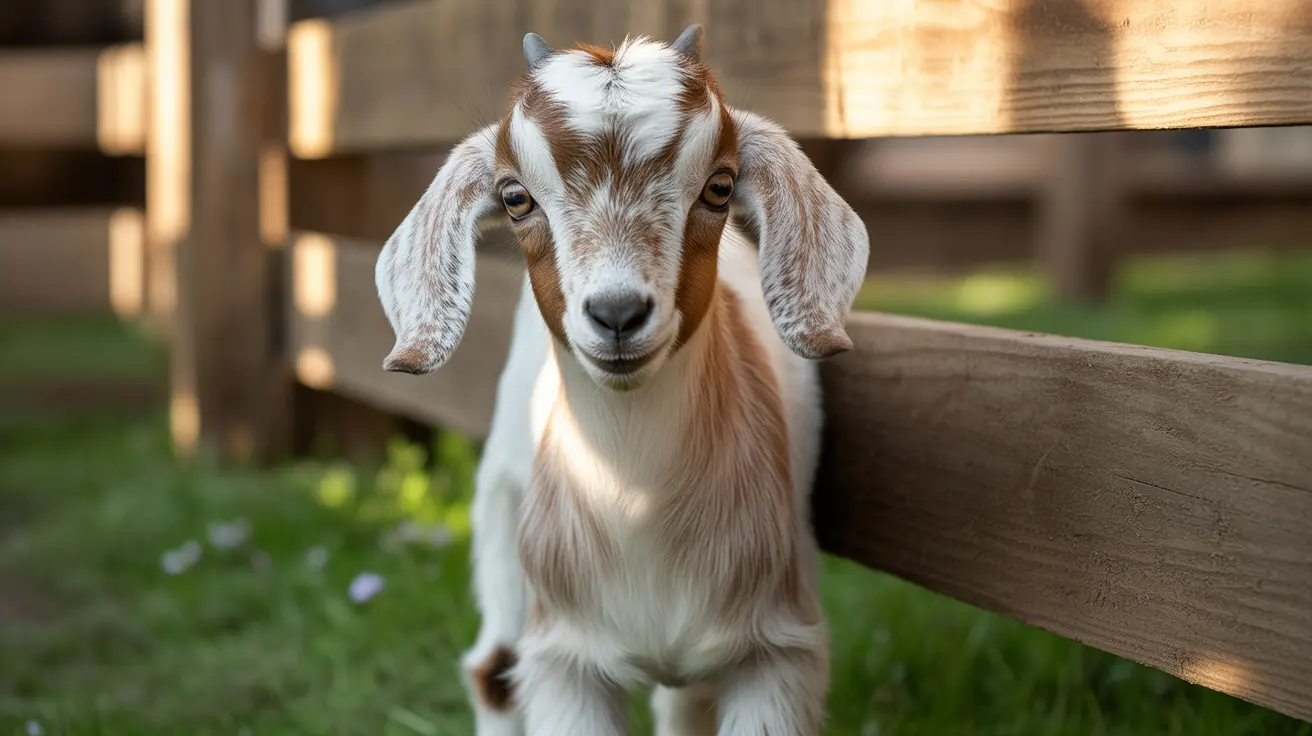Many cat owners find themselves wondering about safe treat options for their feline friends, particularly when it comes to milk. While traditional dairy has long been known to cause digestive issues for cats, lactose-free milk presents an intriguing alternative that deserves careful consideration.
Understanding the nuanced relationship between cats and milk is crucial for responsible pet care. This comprehensive guide will explore the safety, risks, and recommendations surrounding lactose-free milk for cats.
Understanding Lactose Intolerance in Cats
Most adult cats are lactose intolerant, lacking the essential enzyme lactase needed to properly digest milk sugars. This biological limitation means that traditional cow's milk can cause significant digestive distress, including:
- Bloating
- Diarrhea
- Stomach cramps
- Excessive gas
Why Lactose-Free Milk Might Seem Appealing
Lactose-free milk removes the milk sugar (lactose) that typically causes digestive issues. However, this doesn't automatically make it an ideal beverage for cats. While the lactose is removed, the milk still contains other components that may not align with feline nutritional needs.
Potential Risks of Lactose-Free Milk for Cats
Even without lactose, milk products can pose several health concerns for cats:
Caloric and Nutritional Considerations
- High in calories
- Low in essential nutrients cats require
- Can potentially contribute to weight gain
- May displace more nutritionally complete foods in a cat's diet
Digestive Sensitivities
Some cats may still experience digestive upset from the fat content and other milk components, even in lactose-free varieties. Each cat's tolerance can vary significantly.
Safe Consumption Guidelines
Moderation is Key
If you choose to offer lactose-free milk, follow these expert-recommended guidelines:
- Limit to occasional treats
- Serve in very small quantities (1-2 teaspoons)
- Monitor your cat for any adverse reactions
- Discontinue immediately if digestive issues occur
Healthier Hydration Alternatives
Veterinarians consistently recommend water as the best hydration source for cats. If you're looking to provide variety, consider these alternatives:
- Fresh, clean water
- Bone broth (without added salt)
- Wet cat food with high moisture content
- Cat-specific hydration supplements
Frequently Asked Questions
Can cats drink lactose-free milk without any health risks?
While generally safer than regular milk, lactose-free milk is not risk-free. Small amounts may be okay, but it's not recommended as a regular part of a cat's diet.
How often can I safely give my cat lactose-free milk as a treat?
Limit lactose-free milk to rare occasions, no more than once every few weeks, and only in tiny quantities.
Is lactose-free milk a nutritious addition to my cat's diet?
No, lactose-free milk offers minimal nutritional value for cats and should not be considered a dietary supplement.
What are the best alternatives to milk for hydrating my cat?
Fresh water is always the best hydration source. Wet cat food and occasional bone broth can provide additional moisture.
Will giving lactose-free milk to my cat lead to any long-term health issues?
Frequent consumption could potentially lead to weight gain, digestive issues, and nutritional imbalances. Consult your veterinarian for personalized advice.
Remember, every cat is unique. When in doubt, always consult with a veterinary professional about your specific pet's dietary needs and restrictions.






